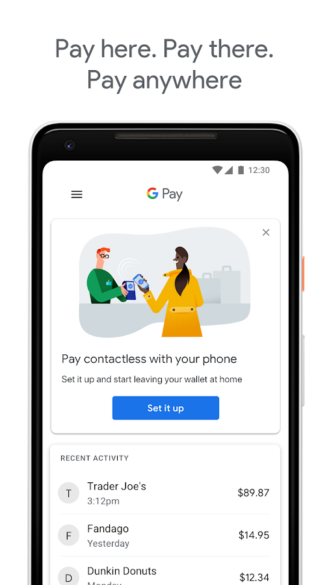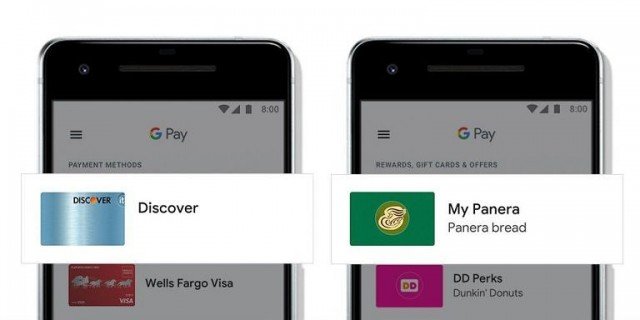Google Pay Rolls Out Globally, Replaces Android Pay and Google Wallet
In January, Google announced Google Pay, an umbrella brand for its mobile and web payments platforms. It brings all of the search giant’s services under one roof, and on Tuesday, Google kicked off the global rollout
Before Google Pay, Google’s payments platforms ran the gamut. In 2015, Google spun off Google Wallet’s tap-to-pay, in-app payments, and online checkout features into a separate app and service — Android Pay. But the search giant muddied the waters by keeping Google Wallet around, albeit with reduced functionality — it only supported peer-to-peer payments between users in the US and UK, a la PayPal’s Venmo.
With Google Pay, Google has crafted a more cohesive experience. The new Google Pay app for Android has the same functionality as the Android Pay app it replaces, including contactless payments integration, gift card management, expedited online checkout, rewards points reminders, dummy credit card numbers, and support for debit cards, bank accounts, and other forms of payment (like PayPal). To be sure, not much has changed apart from new Material Design-inspired animations and a new Google Pay Home tab that shows a list of nearby Google Pay-enabled stores. But in the next few months, the app will inherit Google Wallet’s peer-to-peer payments features and allow users to send and request money.
Until then, Google Wallet, which has been renamed Google Pay Send, will stick around.
“The [Google Pay] app, which begins rolling out today, is just one part of everything we’ve got planned,” Gerardo Capiel and Varouj Chitilian, executives at Google’s Consumer Payments division, wrote in a blog post. “We’re currently working on bringing Google Pay to all Google products, so whether you’re shopping on Chrome or with your Assistant, you’ll have a consistent checkout experience using the cards saved to your Google Account. We’re also working with partners online and in stores, so you’ll see Google Pay on sites, in apps, and at your favorite places around the world.”
On the backend, Google has folded the Pay with Google API into Google Pay. There’s now a lot less friction for merchants who want to accept payments through Google: when a shop or app calls the new API, it’ll automatically determine whether the user has Google Pay enabled and, if they do, allow them to pay with a saved credit card or debit card. Rather than process payments, the Google Pay API will pass the credentials to a payments processor such as Braintree or Stripe. (Apps such as Hotel Tonight, Airbnb, Doordash, and others already take advantage.)
The Google Pay app and Google Pay Send are rolling out today on Android, though the new UI isn’t showing up for everyone just yet. To get folks to up speed, Google’s published four new YouTube videos on topics like how Google Pay encrypts payment information, how to add a new card to Google Pay, and which stores support Google Pay,
Download QR-Code
Google Pay
Developer: Google LLC
Price: Free
Download QR-Code
Google Wallet
Developer: Google LLC
Price: Free
Source: GoogleVia: VentureBeat





